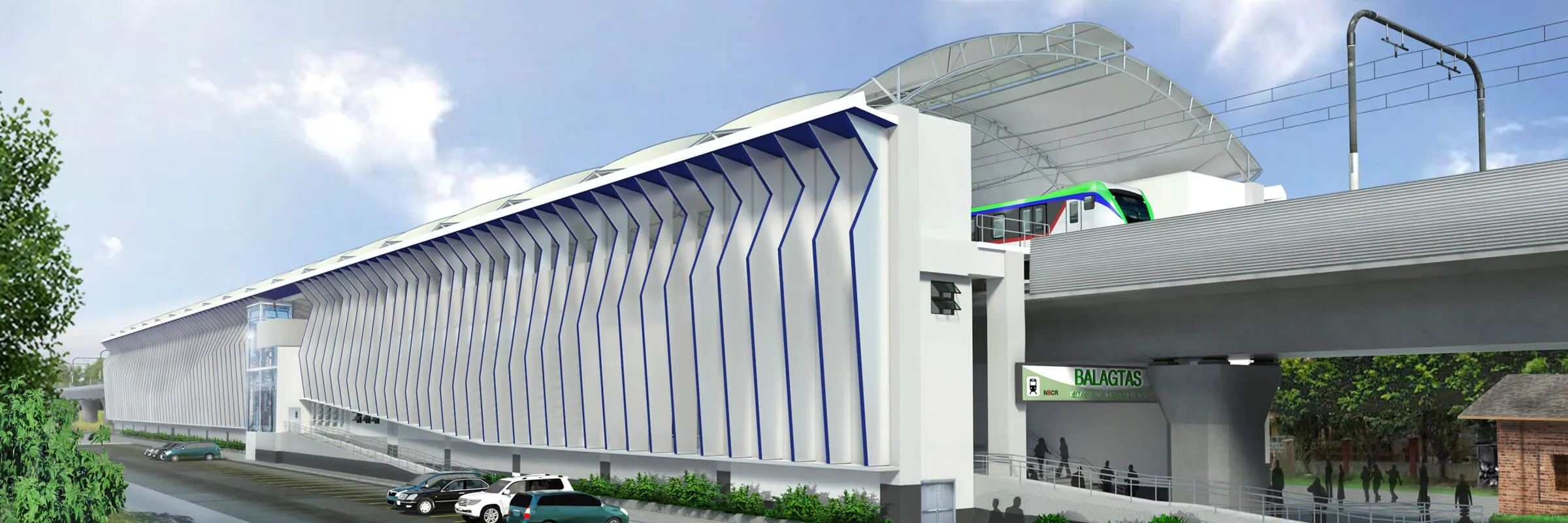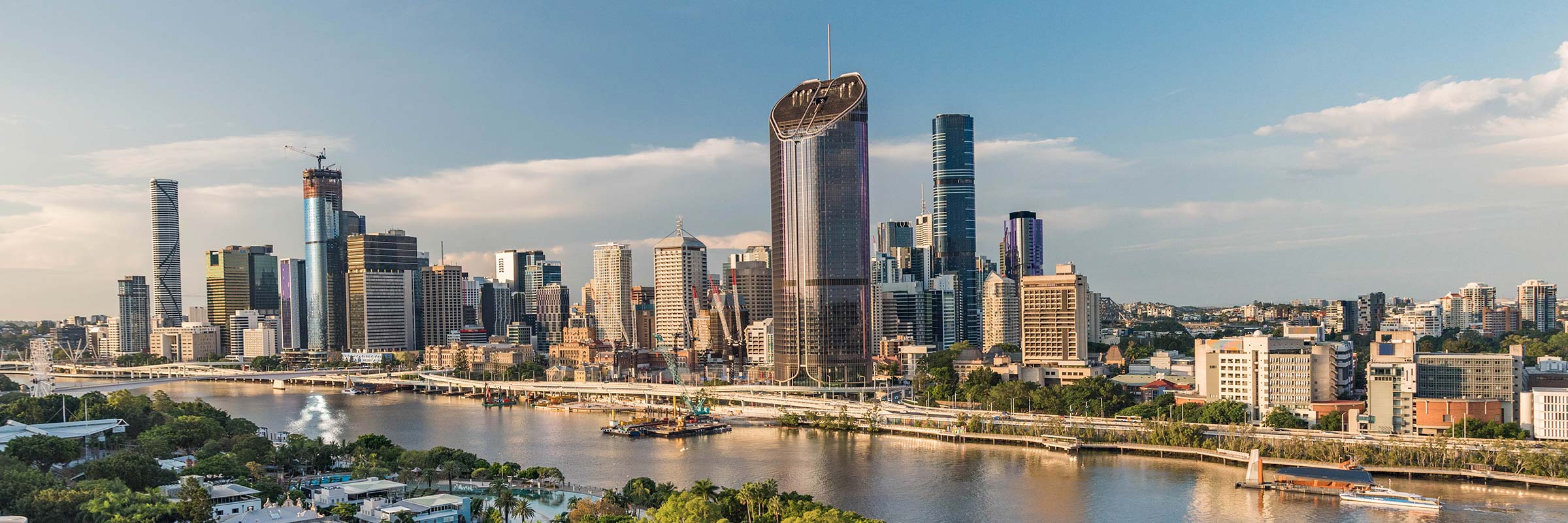
Integrated planning across all levels of government and industry, reshaping the water cycle, localised solutions and the role purified recycled water will play were just some of the subjects highlighted in the discussion. The Olympics are a milestone which provides us with an exciting opportunity to explore innovative designs, challenge conventional thinking and collaboratively deliver the sustainable water and wastewater infrastructure needed to generate resiliency and respond to future climate conditions.
Thank you to our panellists, Brisbane Lord Mayor Adrian Schrinner, Chief Planner Brisbane City Council & Brisbane 2032 Host City Lead Dyan Currie, Executive Leader Integrated Solutions Urban Utilities Chris Bulloch and Market Director – Urban Communities SMEC Kate Drews for bringing their specialised knowledge and expertise. Below is a summary of our thought-provoking discussions.

Building a water resilient community
How do we foster strong relationships between water experts, operators, Government and the community to achieve our goals in delivering the first climate positive Olympic and Paralympic Games?
De-engineering our thinking by facilitating stakeholder consultations throughout the Olympics planning and design phases will help to capture blue-sky ideas that can be further shaped and implemented. Blue-sky ideas can be best captured via the use of feedback tools that provide an open platform for thoughts and ideas. Consulting and engaging the community with these tools helps transform the way we traditionally think and do, setting a precedent for the future.
Fostering strong relationships between all stakeholders involved in the planning and execution of the Olympics relies on strong collaboration, where all parties are jointly working together to achieve the same shared goal of successfully delivering the first climate positive Olympics. To achieve this significant endeavour, it is important that all levels of government are firstly working together and continue to remain transparent regarding Olympics decision making to the local South-East Queensland community who will ultimately benefit from the delivery of repurposed and new infrastructure and urban development long after the Games have concluded.
Engaging with all stakeholders throughout the planning and delivery phases of the Olympics helps to foster and connect the community. Connecting the community from the early stages of planning through establishing working groups, volunteer opportunities and climate positive projects allows the community to have an active involvement in helping to prepare for the Olympics which will shape their city for the future.

Implementation
What are going to be the pivotal milestones which will be essential in the planning and delivery of the games and what role do you see the water industry playing in achieving them from a policy standpoint?
The 2032 Brisbane Olympics vision is to deliver a successful climate positive Games, renewing the city for the future. Strategic planning and design of infrastructure and urban development that supports South-East Queensland population growth over the next 50 years and delivers a memorable Games will be essential to ensuring it produces a long-lasting legacy.
Pivotal milestones that will aid the planning and delivery include agreed and approved policy, funding gained, tender process, venues repurposed or constructed, venues tested, the Olympics sites returned to the community or renewed, and ongoing maintenance. Integrated planning across each of these key milestones and engagement with all levels of government will help ensure they are effectively achieved.
The water industry has an important role to play through firstly advocating and adhering to policies that help achieve the Olympic vision and associated pivotal milestones. Potential policies include the promotion of urban water cycle, green spaces and carbon capture. Secondly, ensuring sustainable and repurposing practices are incorporated throughout the stages of current and upcoming projects undertaken.
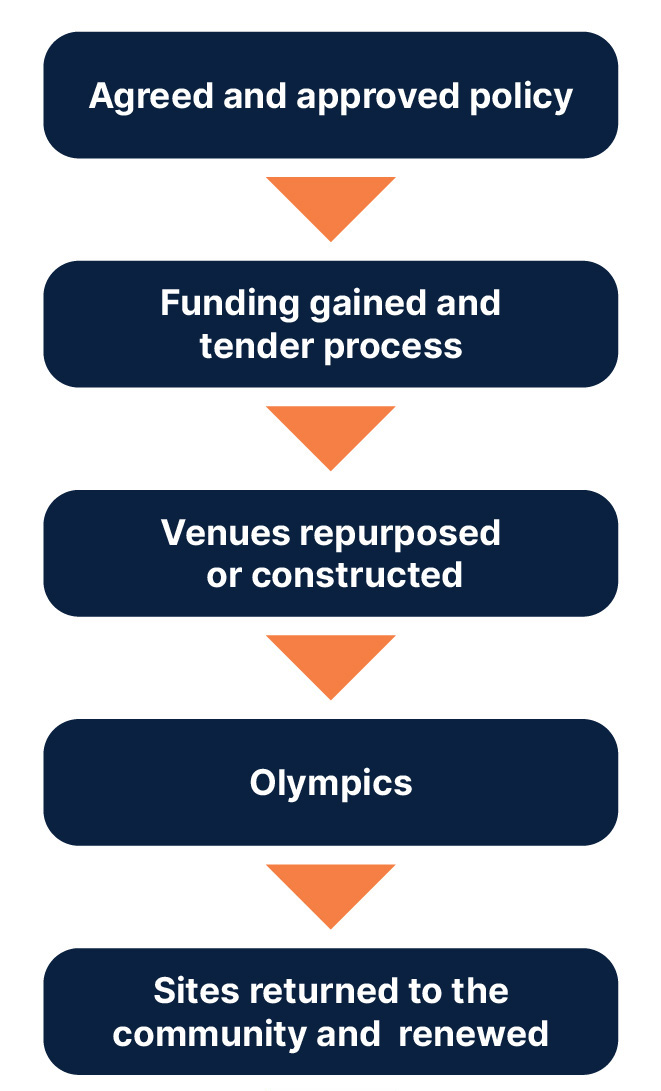
Urban renewal
What opportunities does the Olympics present and how do we best capitalise to leave positive legacy of urban development and urban water management, repurposing and integration for long-term use?
The upcoming 2032 Brisbane Olympics presents an opportunity to reshape the water cycle through the adaptation of alternative localised water solutions that are designed for the future. South-East Queensland’s population is expected to grow exponentially in the coming years and Queensland’s subtropical climate will continue to be affected by climate changes. Reshaping the water cycle can assist in preparing for these future opportunities, ensuring urban development and urban water management is further integrated and repurposed for long-term community utilisation.
Innovative, integrated solutions will ensure the Olympics best capitalises on leaving a positive legacy in a constrained urban environment. Early urban planning which utilises alternative water solutions, such as incorporating vertical re-use and localised water recycling facilities for urban greening and cooling, can assist in long term urban renewal.
The Olympics presents an opportunity for intelligent and connected infrastructure solutions. Incorporating localised, purified recycled water into the Olympic precincts and local homes saves on transportation costs and reduces carbon emissions. If successful, this alternative and innovative water solution could be expanded and adapted into the future.
Asset renewal & resiliency
What will be the key considerations for our water and wastewater supply networks to repurpose existing infrastructure and to deliver a more resilient and integrated water cycle?
Key considerations for our water and wastewater supply networks to repurpose existing infrastructure are most notably incorporating sustainable climate positive solutions whilst benefiting the local community. For instance, transforming the Olympic sites into neighbourhood hubs for agricultural growth, and the sale of fresh produce helps remove carbon emissions typically dispelled through the delivery of food to consumers, resulting in an accessible community hub supporting locally grown produce.
Additionally, further facilitating equity to the region through repurposing Olympic infrastructure into schools, training centres, flood detentions and affordable housing could significantly assist South-East Queensland to create a stronger, healthier, inclusive and more sustainable community where everyone is supported to prosper.
Asset renewing existing infrastructure will not only aid zero emission goals and support the community, strategic repurposing can help deliver a more resilient and integrated water cycle that supports South-East Queensland’s extreme weather changes, to particularly become more flood resilient. Repurposing assets is both a challenge and unique opportunity to flagship redevelopment for future Olympic Games.
Related
insights
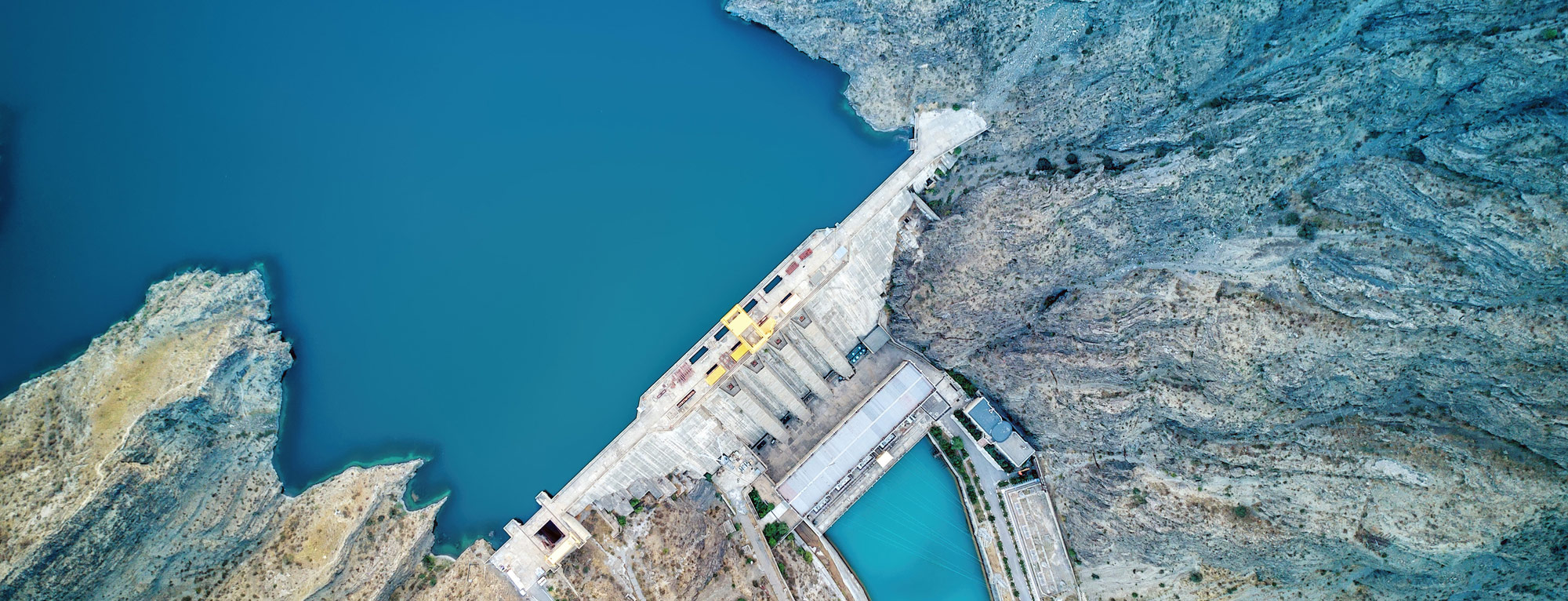 70 Years Forward: Water and hydropower
70 Years Forward: Water and hydropower
"The water and hydropower sectors have changed dramatically since our origins on the iconic Snowy Mountains Hydro Scheme 70 years ago in 1949, one of the largest and most complex hydroelectric schemes in the world. While technology has advanced rapidly, water is and will continue to be an essential and ever scarcer global resource."
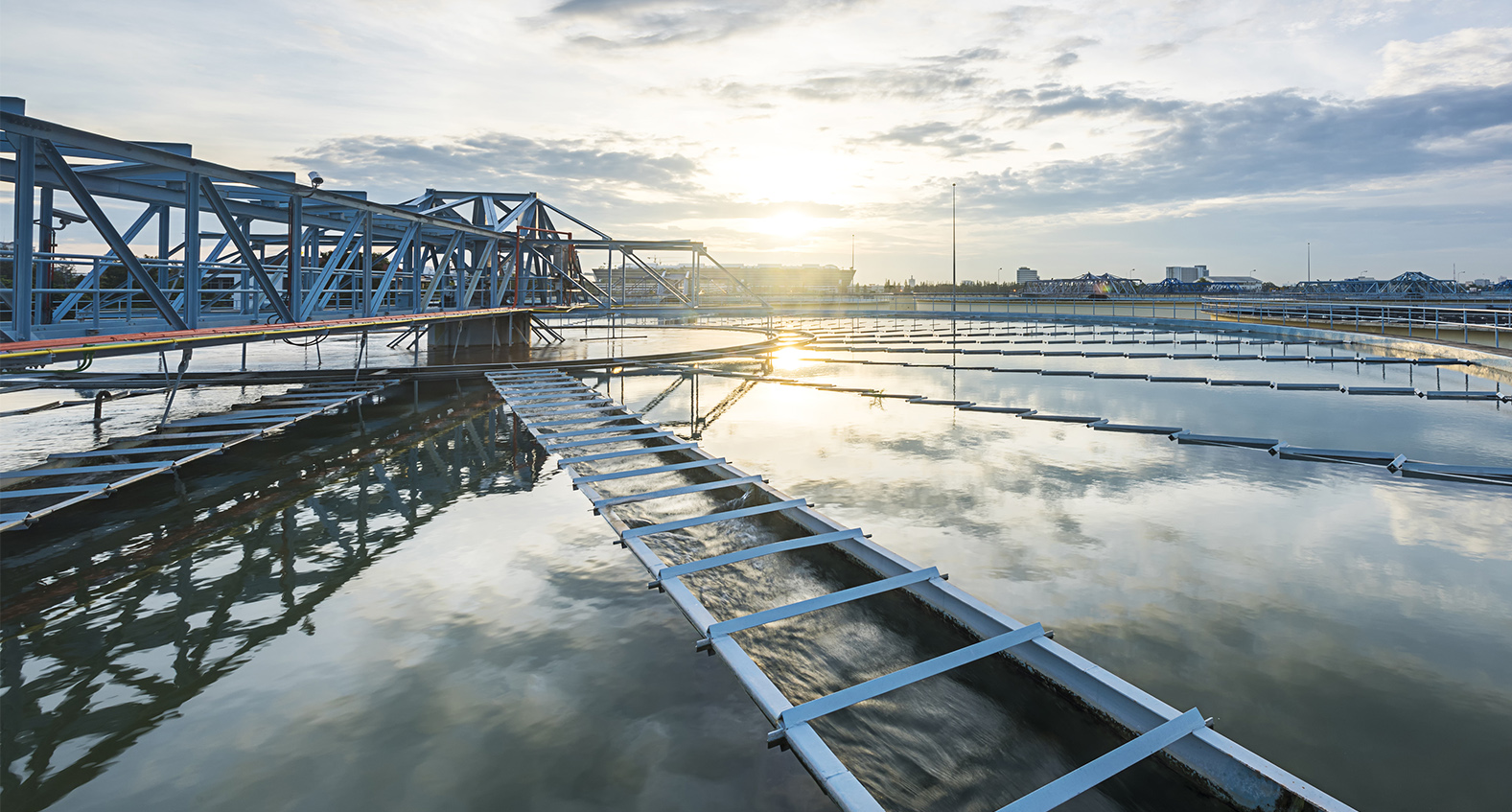 A circular economy for water: water demand and fit for purpose supply
A circular economy for water: water demand and fit for purpose supply
Australia, and the world, is increasingly seeing the effect of climate change on our water supply and security. Scarcity and drought are becoming more prevalent, placing pressure on the current water supply network, and communities are expecting better solutions. As we mark National Water Week in Australia and prepare for summer, it is time to discuss how we best utilise our existing water supplies and create a more resilient future.
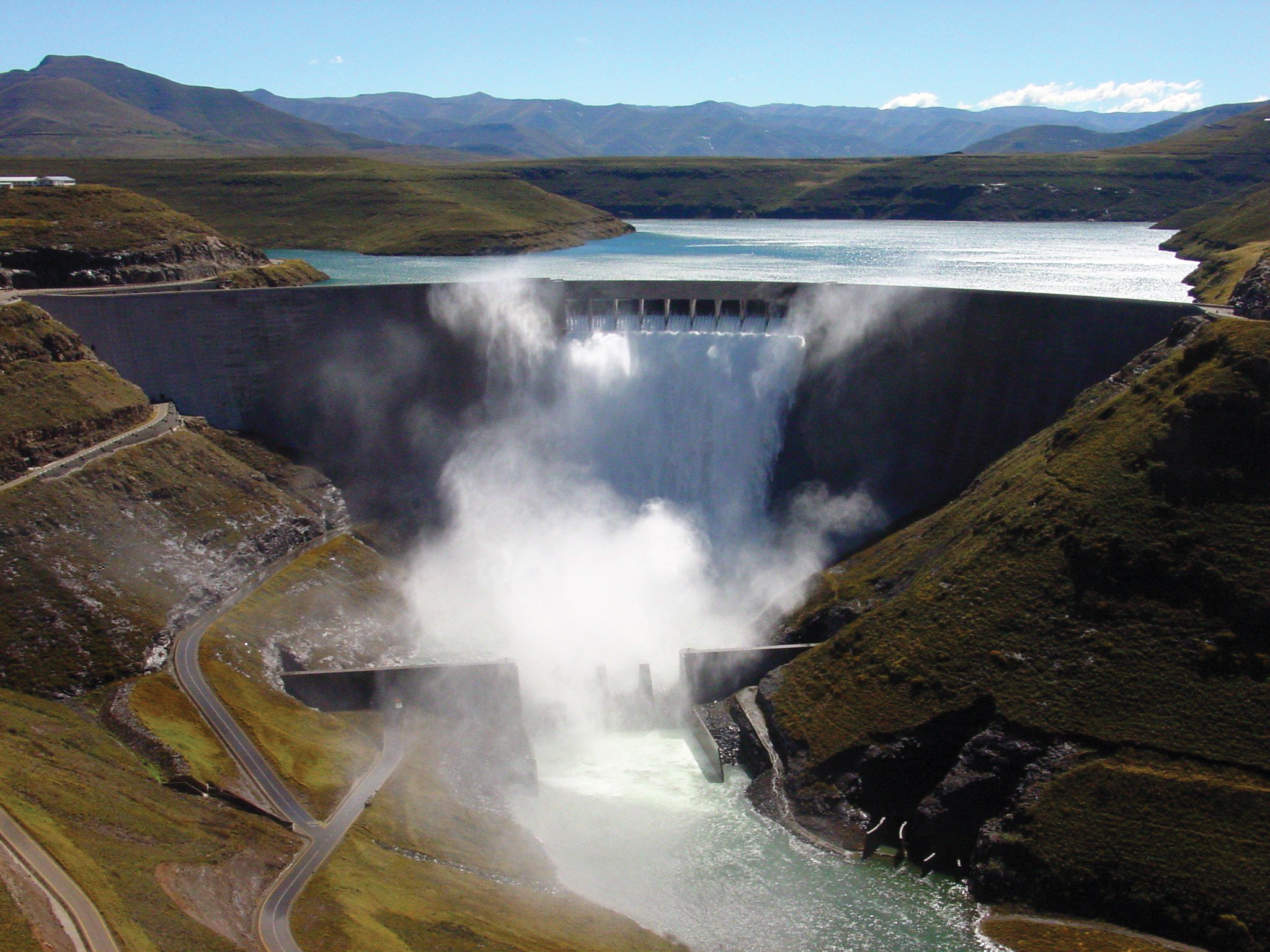 Engineering achievement of the century: Lesotho Highlands Water Project
Engineering achievement of the century: Lesotho Highlands Water Project
“This project has been the dream of engineers since the 1940’s... It will be a fundamental chain link in the continued growth of both Lesotho and South Africa, and in particular the industrial heartland of Gauteng.”
 Collaboration key to successful community outcomes for water resilience projects
Collaboration key to successful community outcomes for water resilience projects
The Murray-Darling Basin is an area of vast significance to Australia. It plays a crucial role in Australia’s food supply network, producing over 40% of our agricultural produce, and is home to 35 endangered species and 16 internationally significant wetlands. It supports over 2.2 million Australians, including 40 different First Nations communities.


